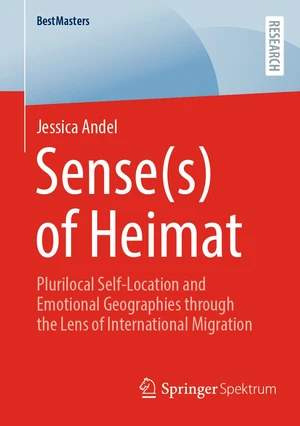The German notion of âHeimatâ is highly subjective, ambiguous and historically charged. Senses of belonging and identity associated with Heimat render the concept vulnerable to appropriation and instrumentalization by different political forces. Thereby, a static and exclusive understanding of Heimat is often depicted. This book drafts a counternarrative to demystify the contested concept. On the one hand, Heimat is conceptualized as spatial through emotional-geographical approaches to human-place relations. And on the other hand, the concept is placed in a global context through the perspective of international migration. The author contributes to the understanding of Heimat as an emotional map of self-location. This subjective map is neither purely static nor dynamic - it is characterized by simultaneities of opposing processes.
Price history
Sep 7, 2022
€78.08

